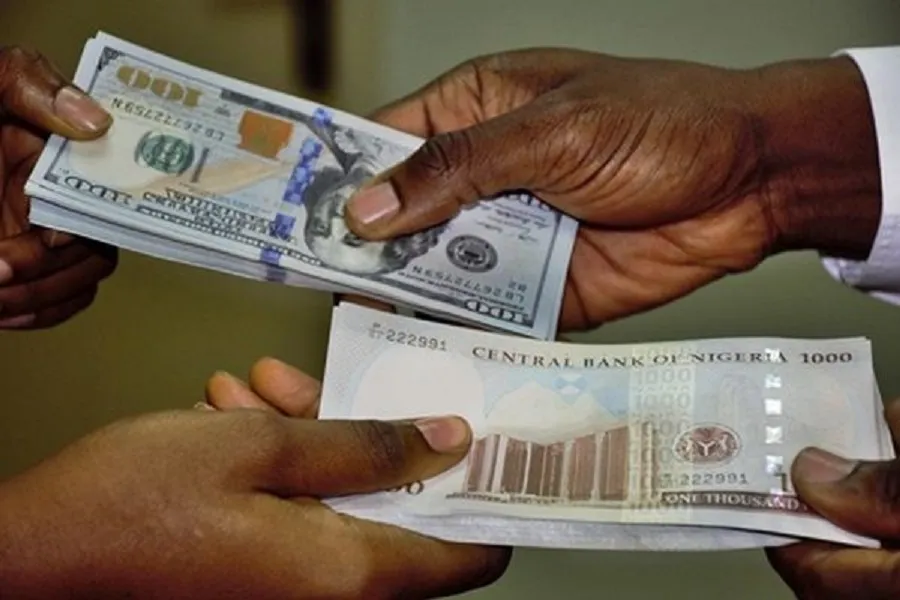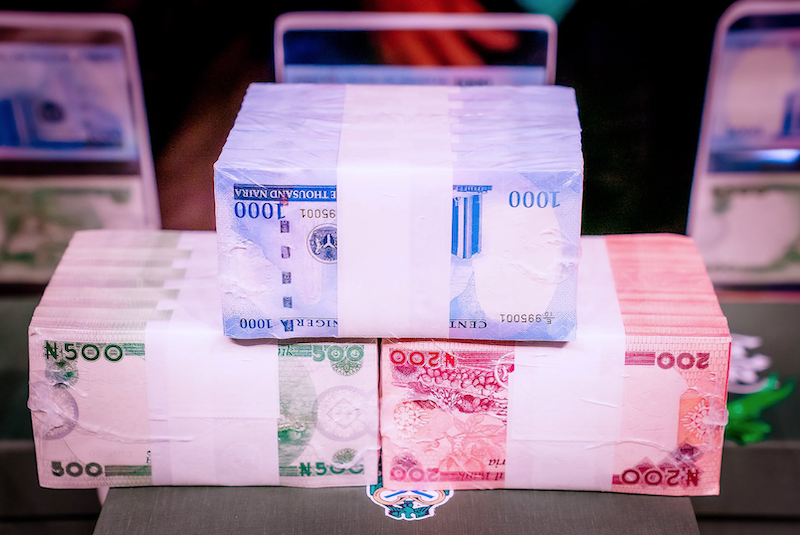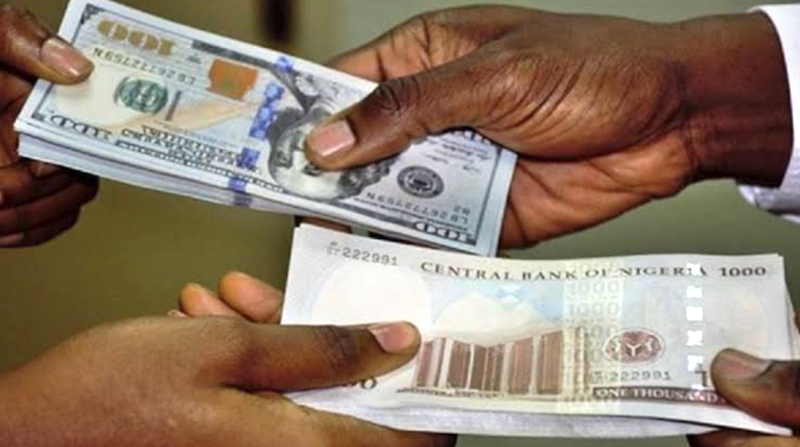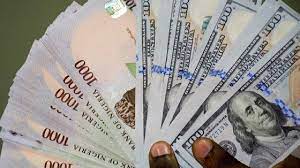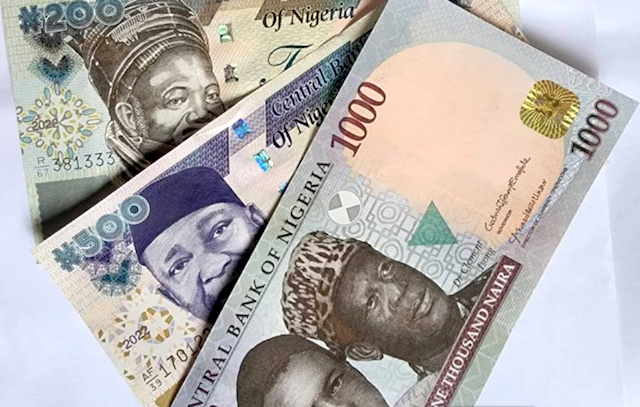Mr Lai Omotola, the Group Managing Director (GMD) and Chief Executive Officer (CEO) of Confederated Facilitators Limited (CFL) Group of companies, has made a shocking revelation on the prevailing Naira-Dollar exchange rate.
Mr Omotola posited that the soaring dollar to naira rate, alongside Nigeria’s economy is not being driven by market forces but by wealthy elite businessmen whom he tagged, ‘market cabals’
He stated this while speaking with journalist during a media parley organised by his company in commemoration of its 25th anniversary.
“I have never seen elite business people whose only business they do is to speculate on their currency. That’s the only business they do. All of them, in everything they are doing, the underlying factor is that they are speculating.
“And this is how they do it. They may have a manufacturing plant, no doubt about it. For instance, the manufacturing plant needs $10 million, so they need to buy dollars. But the truth of the matter is that nobody is investigating if their actual need is $10 million or if they need something lesser than what they say they need.
“So, most likely, they only needed $1 million, but they will collect $10 million. They will send the $1 million to their supplier, convert the remaining $9 million to Naira, and go and sell it to the black marketers. Now, when you have a gap of over N300 in the exchange rate and you are selling $9 million, you are making N270 million without having a staff or investing anywhere, but just taking dollars in and out.”
“That business is sweeter than cocaine, which is why all of them are locked into it, and that is why Naira today is moving towards N1,200 for a dollar. When this present government was floating the Naira, it was to make the difference between the Naira at the official market and the parallel market not to exceed N2. That’s the meaning of floating. But this government has forgotten that when you float the Naira, there is no dollar in the Central Bank of Nigeria, CBN, to back that Naira.
“And it’s a matter of demand and supply. Anything in life, if today more people are looking for a particular substance than what is available, the price of the substance would go up. It is fundamental economics. If fewer people are looking for it, the value will depreciate. That’s the issue of demand and supply. So when you now allow the Naira to float, when you don’t have enough dollars, guess those with the dollar. It’s with the market cabals,” Omotola said.
Speaking further, he added that “Nigeria’s economy is not powered by market forces. There is nothing called market forces in Nigeria’s economy. Nigeria’s economy is powered by market Cabals. Regulating the currency has moved from the hands of the CBN to the hands of the Market Cabals.
“Let me tell you how they operate. For instance, they know that Nigeria requires $100 million to have that floating that will keep the difference between the official rate and parallel market at N2.
“And the cabals are the ones that have the $100 million. So they will only release $50 million into the economy. Now, when you release $50 million, demand for the dollar will become much higher, and the supply will become lower, thereby influencing and increasing the price of the dollar to Naira. CBN cannot intervene because there is no dollar.
“So the market cabals always have dollars with them. And they work in circles. They have dollars with them, they are the ones supplying dollars to the market, and they make a hell of a profit from the circles. So which business can be better than that?”
He said in other nations, the need for dollars is only for raw materials, school fees payment, or other productive things. But in Nigeria, two things contribute to the need for dollars; corruption, which is bribery, and speculations.
He noted that productive need for the dollar is not up to 40 per cent, “and that is where the challenge is. How do you fight against this kind of behavioural pattern?
“So our business elites that have funded politicians to win an election that are doing this type of not too-tidy business are the ones that have held our Naira in captivity. And as long as they are in charge, it will be difficult for the Naira to gain strength against the dollar.
“The worst part of it is that if the government goes today, pump $20 billion into the economy, 80 per cent of that money will end up in their hands, and they will continue to use it in an unproductive means because they want that dollar to Naira gap to continue to exist,” Omotola said.
